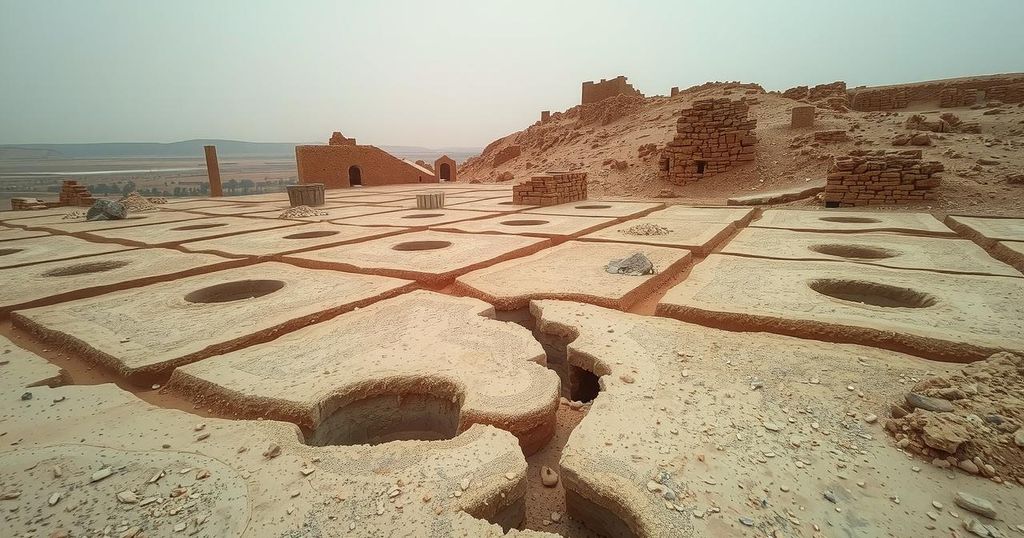Syria Sees Boom in Treasure Hunting After Assad’s Regime Decline
- Syria experiences a surge in treasure hunting after Assad’s regime declines.
- Metal detectors, once banned, now widely used for searching artifacts.
- Palmyra’s landscape is marked by the search for ancient burial sites.
Rise in Metal Detector Usage Amidst Chaos
Following the decline of Assad’s regime, Syria has observed a surge in the use of metal detectors as an increasing number of individuals embark on treasure hunting expeditions across the war-torn landscape. These devices, once considered contraband due to their potential military implications during Assad’s rule, are now widely available at newly opened shops throughout the country. This shift reflects a dramatic cultural and economic change, as citizens, yearning for a connection to their ancient heritage, seek artifacts buried beneath the rubble of their history.
Palmyra: A Site of Ancient Heritage and Modern Desperation
William Christou, a reporter who has been closely following the phenomenon, shared insights with Michael Safi on how the ancient city of Palmyra, once a jewel of the region, has fallen victim to this treasure hunting craze. The area is now pockmarked with countless holes as individuals dig fervently for burial sites dating back thousands of years. The combination of diminished security and the escalating poverty levels, exacerbated by the ongoing conflict, has fueled this unsettling yet poignant quest for treasures that embody Syria’s rich legacy.
The Global Implications of Syrian Looting
Amr Al-Azm, a prominent Syrian archaeologist involved with the Athar Project, sheds light on the intersections between the rise of ISIS and the flourishing treasure hunting scene. He notes that the militant group’s actions laid groundwork for this illicit endeavor, which is now burgeoning, particularly as European and North American markets fuel demand for these stolen antiquities. Unless there is a concerted effort to confront this trade from the global perspective, the looting of Syria’s cultural riches will persist, threatening to erase decades, if not centuries, of heritage.
In summary, the newfound obsession with treasure hunting in Syria represents a complex interplay of cultural heritage, economic hardship, and security vacuum following the fall of the Assad regime. As metal detectors become commonplace, the archaeological landscape is facing unprecedented risks. Calling for heightened accountability from international markets is essential to protect Syria’s ancient treasures from further plundering.




Post Comment